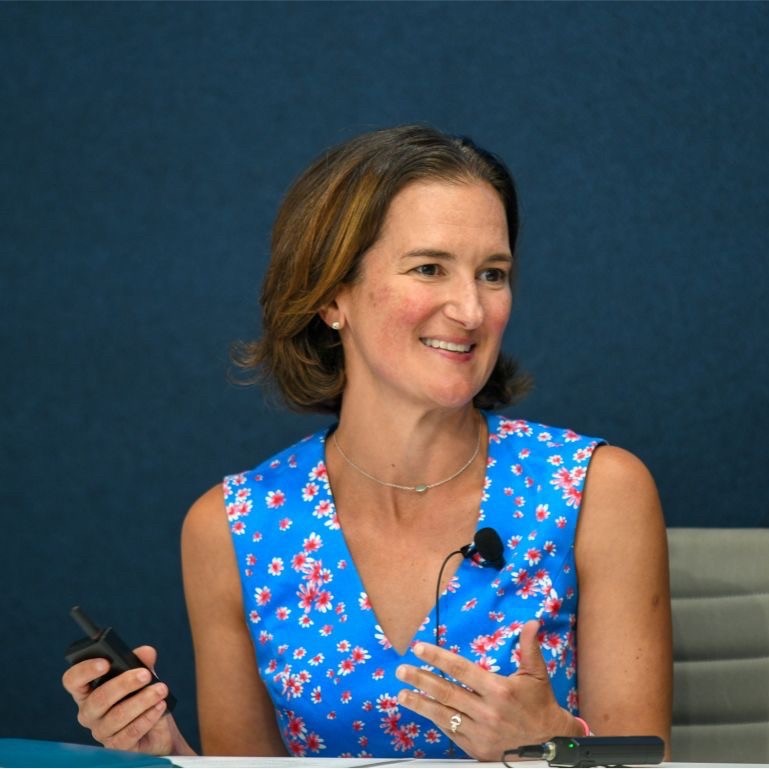
Last month’s U.S. Supreme Court decision striking down affirmative action from the college admissions process has companies re-evaluating their DEI programs and commitments and planning for possible long-term impacts. If future graduating classes are less diverse, the greatest effect could be on leadership pipelines.
This is an issue that public affairs and communications teams will certainly be grappling with, as both professions have relatively low ethnic and racial diversity. According to the most recent U.S. Census data, 40% of the U.S. population is non-white. By contrast, the 2022 Social Impact Report published by the Foundation for Public Affairs found that just 20% of public affairs professionals are people of color. Meanwhile, the Bureau of Labor statistics tells us that 81% of “public relations specialists” identify as white.
There’s also still a performance gap when it comes to expressing commitment to DEI actions and then engaging in them. Findings from the 2021 study The Language of Diversity by the Institute for Public Relations and the Wakeman Group show organizations are more likely to verbally commit to DEI publicly (76%) than to take actions, either internally (70%) or in society (59%).
Armed with the knowledge of these challenges and inconsistencies, the Foundation for Public Affairs and the Institute for Public Relations have made investing in diversity, equity and inclusion a priority through executive education, research, and leadership programming. And in the past few years, there has been some progress. The Foundation’s 2022 Social Impact Report shows that 68% of companies are incorporating diversity into their strategic planning, up from 59% in 2021, and 63% are partnering with other groups to advance DEI, up from 50% in 2021.
The Foundation for Public Affairs also launched the Hogans Fellowship earlier this year to help emerging leaders from diverse backgrounds develop the skills needed to stay and excel in public affairs. The Social Impact Report found that while 68% of companies incorporate DEI strategies and goals into their strategic plan, just 23% have a formal process in place to support the advancement of people of color to senior-level positions. The Hogans Fellowship, named after Mack Hogans, who served as the first Black chair of the Public Affairs Council back in 1997, aims to change that pattern. This year-long cohort was designed to provide skills training, mentoring, and networking opportunities for a diverse set of public affairs professionals; the inaugural class of Hogans Fellows was announced in April. It is a much-needed program that puts the executive pipeline issue front and center.
The SCOTUS ruling on affirmative action will likely trickle down to business in the coming years, squeezing diversity out of executive pipelines that were already struggling in that area. Our hope is that having programs like Hogans Fellowship firmly rooted means we can better prepare for what’s ahead.
Lauren Tyler, chief of staff for Adfero and a Hogans Fellows mentor, understands the need for programs like this. In an article about the program published in May 2023, she said, “I’m excited to participate because I know how important it is to see people who look like you in senior leadership positions. It is important that we help them see that there is a place for them in positions of leadership, giving them a realistic sense that they can access these positions and how to prepare themselves to take their places in their organization’s leadership.”
Recruitment is another important factor. “Without mentorship programs like [Hogans Fellowship], people peel away — they don’t stick around,” said Julian Ha, a partner with the executive search firm Heidrick and Struggles International Inc., when interviewed for the same article in Impact, the Public Affairs Council’s monthly newsletter. “Organizations need to be providing training, mentoring and networking opportunities to prevent that departure. I see this as the beginning of the beginning, helping create a community of professionals that will continue to support each other as they advance in their careers. This isn’t just the right thing to do, though it is. It’s also good for business.”
Diversity is essential for business. Our professions can’t thrive or grow without diversity of thought, experience and ideas. When the majority of leaders come from similar backgrounds with similar experiences, educated in similar institutions, it’s hard to move beyond the status quo. Though we will have to find ways to work effectively within the confines of the SCOTUS ruling, the court’s decision doesn’t mean it’s time to give up on our goals. Our employees, customers and other stakeholders deserve better.
![]()
 About the author: Amy D. Meli is a senior director at the Public Affairs Council and the executive director of the Foundation for Public Affairs. She also oversees the Council’s benchmarking and consulting services. She can be reached at ameli@pac.org
About the author: Amy D. Meli is a senior director at the Public Affairs Council and the executive director of the Foundation for Public Affairs. She also oversees the Council’s benchmarking and consulting services. She can be reached at ameli@pac.org



